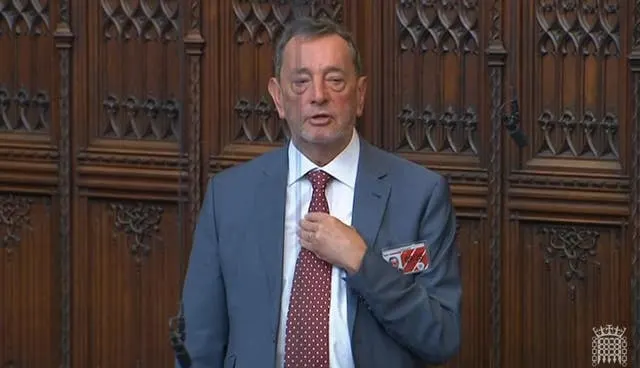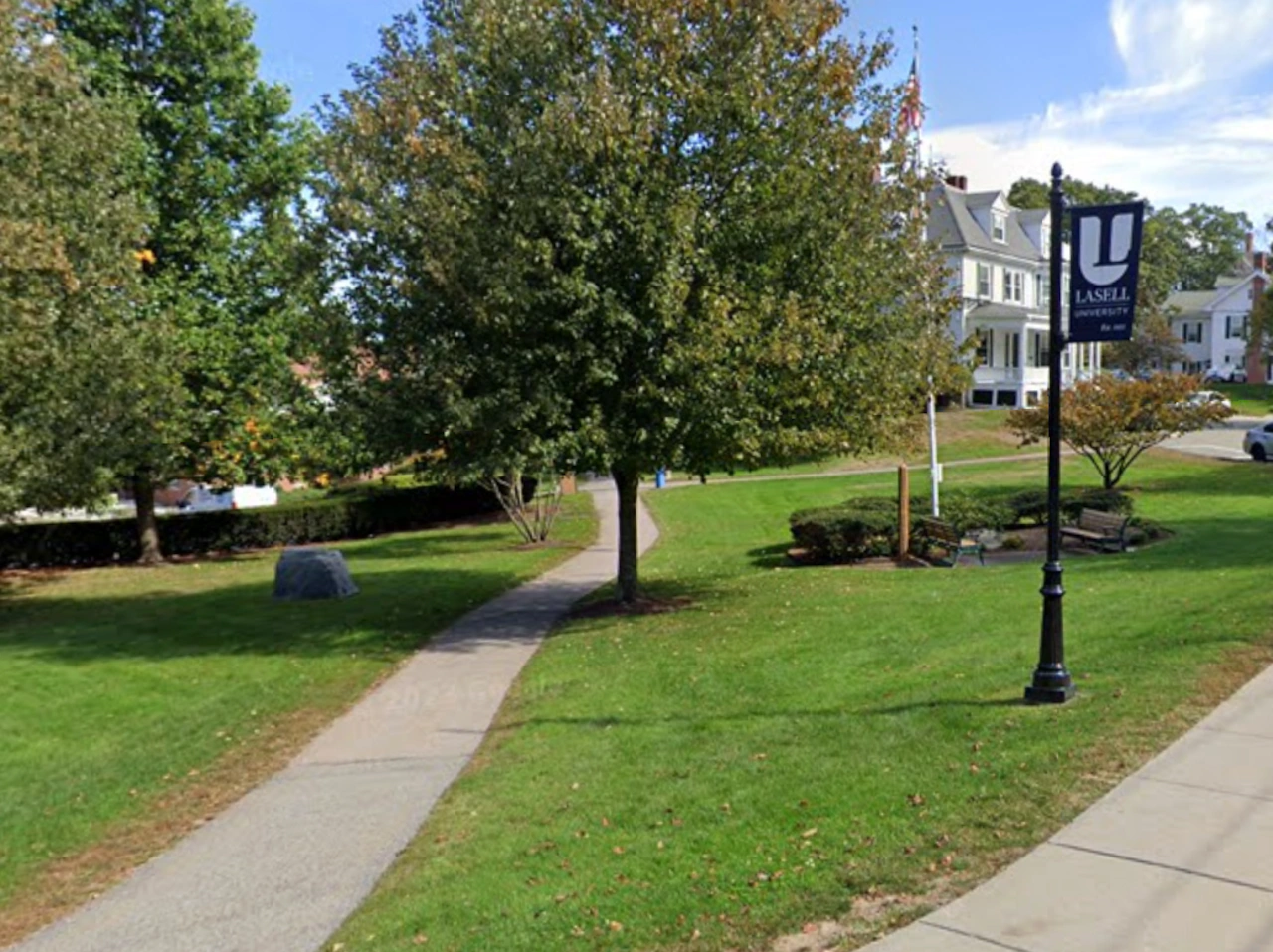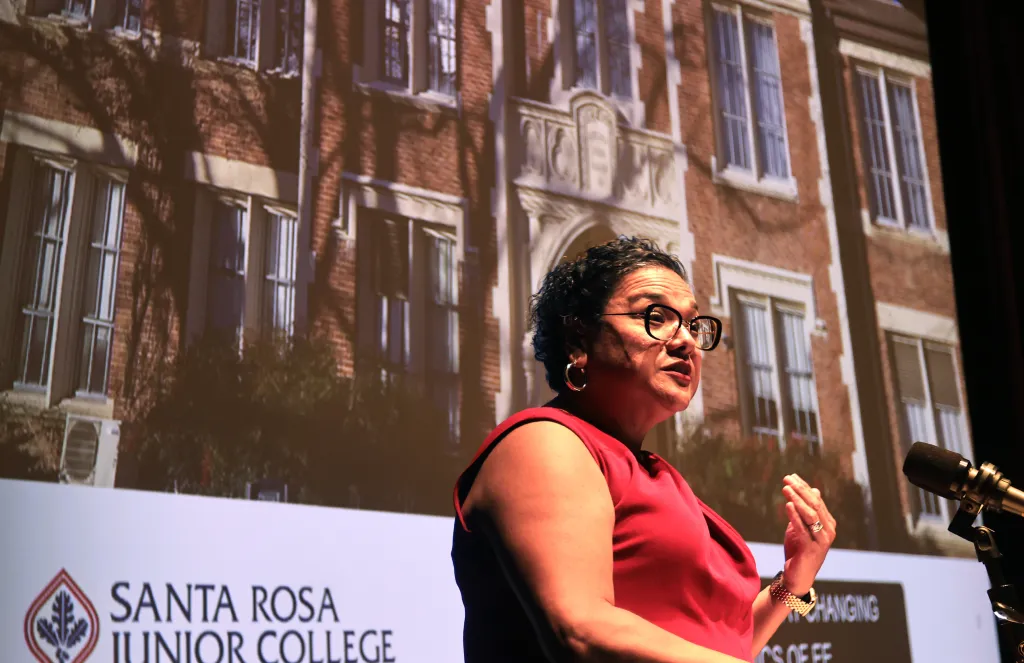By Patrick Ochoga
Copyright leadership

A total of 471 pharmaceutical premises have been sealed by the Pharmacy Council of Nigeria (PCN) across Edo State during a recent week-long enforcement exercise.
The crackdown targeted illegal and substandard operations within the pharmaceutical sector and was part of PCN’s ongoing efforts to sanitise medicine distribution and ensure public health and safety.
Speaking at a press conference held at the PCN State Office in Benin City on Friday, the Council’s Head of Enforcement, Dr. Suleiman Chiroma, said the exercise was carried out in Oredo, Ikpoba-Okha, Ovia North-East, Egor and Uhunmwonde Local Government Areas.
He said a total of 743 premises were inspected, comprising 196 pharmacies and 547 patent medicine stores during the exercise.
According to Chiroma, 471 premises were sealed for various offences including operating without valid licenses, non-compliance with registration renewal, unauthorised clinical activities and the mishandling of controlled substances.
Among the sealed premises were 77 pharmacies, 174 patent medicine stores, and 220 unlicensed shops.
He added that four additional premises were issued compliance directives, mandating them to correct specific infractions identified during inspections. One person was also arrested for obstructing PCN officers during the enforcement operation.
He added that the PCN enforcement action was carried out in line with its statutory mandate under the Pharmacy Council of Nigeria (Establishment) Act No. 31 of 2022, which empowers the Council to regulate and control pharmacy education, training, and practice in all its forms across Nigeria.
“This targeted approach underscores the Pharmacy Council of Nigeria’s commitment to upholding the highest standards of pharmaceutical practice and protecting public health.
“Given the potential hazards associated with medicinal products, stringent regulation is essential. To ensure public safety, it is imperative that personnel handling medicines receives comprehensive training to handle medicines safely and effectively,” he said.
Chiroma said premises were to undergo rigorous inspection, approval, and licensing, followed by continuous monitoring to ensure compliance with safety standards and regulations.



